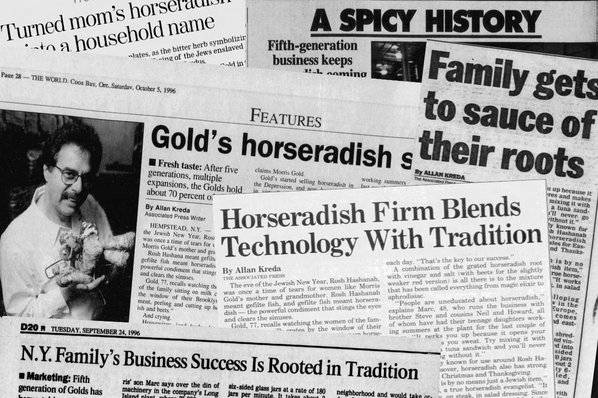When a life-altering accident left Stephen Cluskey in a wheelchair 20 years ago, his world changed overnight. He immediately began noticing the many ways society from our transit to architecture fails the planet's 1.2B disabled people.

Cluskey came face to face with that reality when he was waiting for a pre-booked taxi in Dublin after a night out. The wheelchair-accessible taxi he'd reserved 24 hours prior never came, stranding Cluskey in the pouring rain for six hours until his parents could pick him up.
"I went from this fully active, fully inclusive world to being thrown into this totally different world that I'd never imagined or experienced before full of a lot of unnecessary friction," says Cluskey.
That friction became a catalyst for Cluskey, and he founded a website called wheelchairtaxi.ie that provided passengers with direct numbers for wheelchair-accessible taxi drivers across the country.
While at a social entrepreneurship event in Dublin, he met Noelle Daly. Their shared passion around accessibility ignited a spark, and the two co-founded Mobility Mojo in 2016.
Mobility Mojo works with employers around the world to make offices more equitable for those with disabilities, addressing accessibility issues related to mobility, vision, hearing, and neurodiversity.
To do this, office-building managers take an intake quiz (which can be completed on a phone in one to three hours) to answer questions, upload photos, and input measurements.
Once the data has been entered, Mobility Mojo's customer support team reaches out to address preliminary issues and answer questions.
The customer is also provided with an accessibility report that breaks down affordable, low-lift improvements that can be made to office spaces to improve accessibility immediately as well as longer-term, more substantial projects and solutions.
The companies are also given accessibility scores, which they can use internally and externally for diversity and inclusion goals and reporting. Employees are also able to fully access the reports, making it easier for employees with disabilities to understand how accessible their workplace is or isn't.
The accessibility metrics that Mobility Mojo measures are vast: Parking lots, reception areas, hallways, stairs, workstations, lighting, bathrooms, and fire evacuation routes are all taken into account.
"Building managers who have managed a building for the last 15 years start to see it in an entirely different way," Cluskey says of the process. They learn huge amounts about accessibility as they go through that journey, and that's empowering.
Newer buildings, which tend to be more accessible on average, can make accessibility improvements through small changes like adding decals to glass walls for those with visual impairment or adding voice announcements to elevators.
When it comes to why companies should care about accessibility, Cluskey says there are two answers. For one, it's the right thing to do. But it's also a powerful business tool: Creating a more inclusive workplace helps with talent attraction and retention.
"There's an incredible pool of employees out there with accessibility needs who are underemployed and underrepresented that just need someone to give them a chance," he says. "They also tend to be much more loyal long term to a company that suits their accessibility needs."
It can also affect a company's bottom line, with businesses that are inclusive of those with disabilities seeing 28% greater annual revenue than those that are not.
Mobility Mojo currently has 61 enterprise clients across the world and has impacted 66k employees to date. The company is in the midst of raising a second fundraising round after its first three years ago and has so far raised $3.5m.
And the company has no plans to slow down. In fact, Cluskey wants to bring innovation to workplaces around the world, making a more accessible, equitable planet.
"At this stage, our mission is to open the world to everyone," he says.
Hear more from Cluskey in his documentary episode below, and check out the Spiraling Up docuseries by HubSpot for Startups for more founder stories.
What did you think of this article?
Entrepreneurship
.jpg?width=48&height=48&name=IMG_2563%20(1).jpg)









.png)